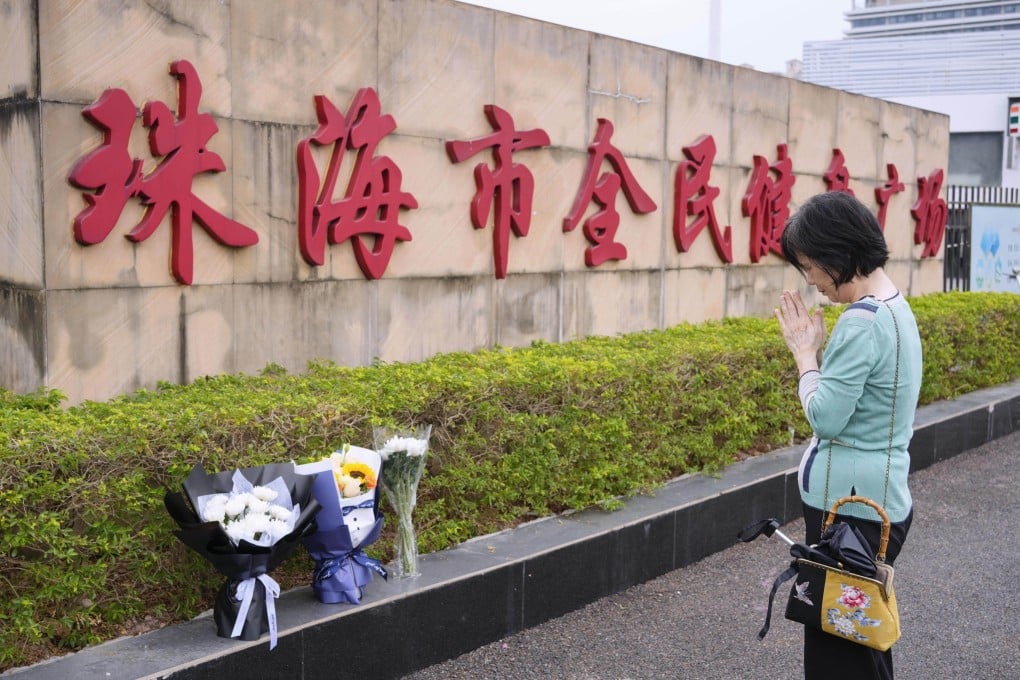Opinion | Spate of random killings rooted in China’s social and economic despair
The mental trauma from pandemic controls and the economic slump have led to feelings of helplessness and despair that cannot be ignored

Soon after, an unverified document surfaced online, thought to be a community committee notice requiring the identification of two vulnerable groups. The first comprised “individuals of eight losses” (八失人员): those facing job or investment losses, feeling lost about romance, relationships or life in general, suffering from emotional imbalance or mental health issues, and the neglected young.
The second was described as a group of “three lows, three lacks” (三低三少): of low income, social status or prestige and lacking social interaction, social mobility or access to guidance channels.
This type of social management played a prominent role in the pandemic. From mass testing to contact tracing, lockdowns to deliveries, technology-enabled tracking brought individual activities under tight control.
